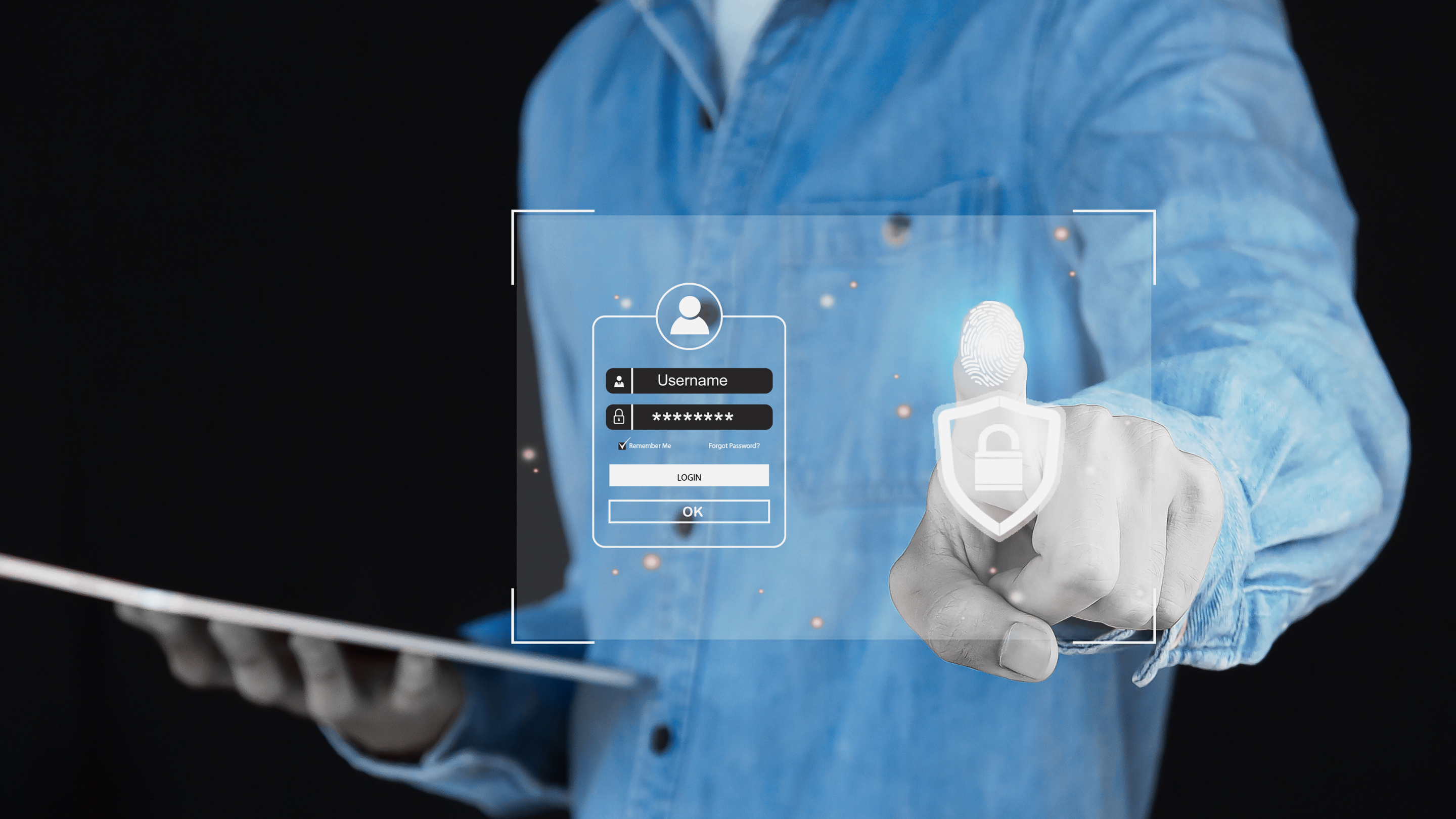The End of Data Resellers Why Control Is Shifting Back to Employers and Employees

Take Back Control of Employee Data
Over the past decade, employment verification has become deeply entangled with the commercial data brokerage industry, where employment and income records are sold alongside other sensitive consumer information. In December 2024, the Consumer Financial Protection Bureau (CFPB) proposed a rule that would designate data brokers who sell personal data, including employment and income history—as consumer reporting agencies under the Fair Credit Reporting Act (FCRA).
This move builds on the CFPB’s earlier inquiry into how data brokers collect and monetize personal data, including employment records, without direct input from individuals or employers. For HR leaders, this signals a deeper shift: employment verification is a matter of data ownership, compliance visibility, and long-term risk management.
Best Practices for Reclaiming Data Governance in HR
As data privacy regulations evolve and employee expectations rise, HR leaders must take proactive steps to manage employment data with greater clarity, control, and compliance.
- Identify third-party access points: Start by mapping out all external systems with access to employee data and determine how that information is used or shared.
- Consolidate verification processes: Use a single, employer-controlled platform to reduce fragmentation, minimize exposure, and streamline compliance oversight.
- Require employee consent: Adopt tools that support permission-based verification to meet FCRA standards and reinforce trust with employees.
- Track access in real time: Ensure every data request is logged, auditable, and visible to both HR and employees for complete transparency.
- Minimize manual handoffs: Replace fragmented, email-based workflows with integrated digital tools to improve turnaround time and reduce errors.
- Align with evolving privacy laws: Choose platforms that support multistate compliance and position your team for long-term regulatory readiness.
How Clear Verify Helps Employers and Employees Regain Control
Clear Verify replaces outdated, broker-led verification models with a transparent, digital solution that prioritizes security, consent, and compliance.
- Centralize data governance: Employers maintain full control over verification requests, audit trails, and access permissions through a single, secure system.
- Empower employee participation: My Verify gives employees access to their records and the ability to approve each verification request in real time.
- Eliminate third-party monetization: No employee data is sold or shared with external brokers—ensuring privacy is protected at every step.
- Automate with confidence: Seamless HRIS integration enables real-time processing of verifications while maintaining full visibility into request history and system activity.
- Support compliance goals: Clear Verify aligns with FCRA standards, state privacy laws, and future-facing regulatory trends.
- Strengthen trust across the workforce: A transparent, consent-based system reduces risk, increases efficiency, and shows employees their data is handled with care..
Shifting from Exposure to Ownership
The employment verification landscape is changing, and HR has a choice. Continue relying on legacy systems that profit from your workforce data or adopt a model that centers transparency, compliance, and control. With increasing regulatory pressure and rising employee expectations, the cost of inaction is growing. Clear Verify empowers HR teams and employees to reclaim visibility, eliminate data resellers, and create a cleaner, consent-based verification environment.
See what transparent, employee-first verification looks like.
Schedule your Clear Verify demo today.

.png)
